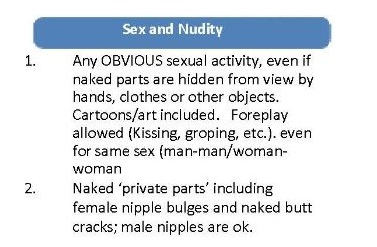Interesting NYT column by Tom Friedman.
The Guardian newspaper of London [published] an online poll asking its readers: “Children aged 7 to 16 are being given the opportunity to learn how to code in schools in Estonia, should U.K. school children be taught programming as part of their school day?” It’s fascinating to read about all this while visiting Shanghai, whose public school system in 2010 beat the rest of the world in math, science and reading in the global PISA exam of 15-year-olds. Will the Chinese respond by teaching programming to preschoolers?
All of this made me think Obama should stop using the phrase — first minted by Bill Clinton in 1992 — that if you just “work hard and play by the rules” you should expect that the American system will deliver you a decent life and a chance for your children to have a better one. That mantra really resonates with me and, I am sure, with many voters. There is just one problem: It’s out of date.
The truth is, if you want a decent job that will lead to a decent life today you have to work harder, regularly reinvent yourself, obtain at least some form of postsecondary education, make sure that you’re engaged in lifelong learning and play by the rules. That’s not a bumper sticker, but we terribly mislead people by saying otherwise.
Why? Because when Clinton first employed his phrase in 1992, the Internet was just emerging, virtually no one had e-mail and the cold war was just ending. In other words, we were still living in a closed system, a world of walls, which were just starting to come down. It was a world before Nafta and the full merger of globalization and the information technology revolution, a world in which unions and blue-collar manufacturing were still relatively strong, and where America could still write a lot of the rules that people played by.
That world is gone. It is now a more open system.






